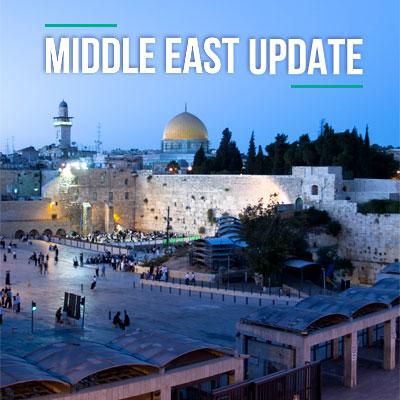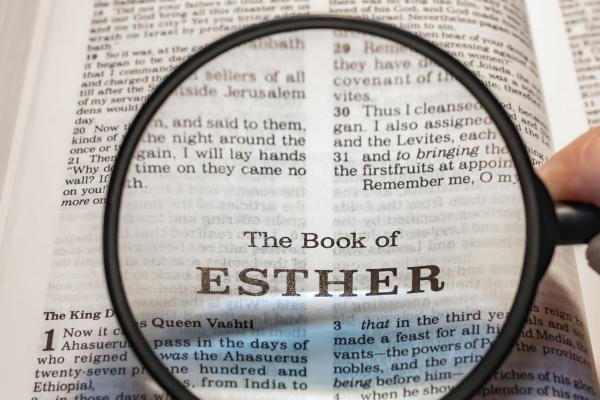For about 300 Jewish residents in the central West Bank community of Amona, their future appears to finally be settled: eviction.
Amona is the largest of about 100 unauthorized settlements that dot the West Bank, erected without the permission of—but generally tolerated by—the Israeli government. The outpost has become a symbol of settler defiance over what they see as a double standard: Authorities cracking down on Jewish settlements, but ignoring those populated by Palestinians.
In 2014, Israel’s High Court ordered the evacuation of Amona, after it determined the outpost was built on private Palestinian land. The ruling gave the government until December 25, 2015 to tear down the outpost’s approximately 50 trailer homes and relocate the residents.
Israeli authorities are understandably nervous
As late as this week, Amona residents were still hopeful that a last-minute outpost legalization plan would be passed by the Knesset, the Israeli legislature. But, as it appears now, that won’t happen. A proposal to move them to another, nearby plot of land also appears to have fallen through after Palestinians objected, saying they own that property too. Israel is now scrambling to find a new place for the settlers.
At issue for the Amona residents—and also for many other Israelis—is the perceived hypocrisy of forcing Jews to leave these informal settlements, even as hundreds of similar Palestinian outposts are allowed to stand.
Israeli authorities are understandably nervous about a repeat of violence that was sparked after a partial evacuation of the region in 2006. At that time, there were violent clashes between residents and thousands of sympathetic activists on one side and Israeli security forces on the other.
The most determined activists are calling the High Court’s decision “criminal” and vow that Amona “will not fall again.” About 1,000 protestors rallied in Jerusalem Tuesday night against the impending evacuation.
Others, more moderate residents, say they’ll go peacefully. But they’re still hopeful that the government will petition the High Court to delay the evacuation by a month, if not permanently. One outpost leader invited Israelis from across the country to Amona to help prevent its evacuation, hoping that peaceful resistance would compel the government to reach a last-minute deal to stop the eviction.
Because the situation will almost certainly get more tense as the December 25 deadline approaches, I ask you to join me in praying for peace—not only in the central West Bank, but in Jerusalem and all over Israel.
His Sovereign Intervention
While cooler heads may ultimately prevail in this crisis, I believe, and I trust you agree, that true, lasting peace in the Middle East can come only through Yeshua (Jesus). His sovereign intervention must be our motivation to pray.
Of course, proclaiming the Messiah and His peace to the world is at the very heart of everything we do at Jewish Voice. And knowing that the future of Israel is in His hands will give us confidence in the future. But knowing He hears and answers our prayers will give us strength and guidance for the present.
As you pray for Israel in the coming days, please also pray for this ministry as we come to mind. Your partnership in both prayer and financial support is a great encouragement.
And if you feel called to stand with us with a year-end gift, you can easily and securely give online right now. We’d be so grateful for anything you can do in these remaining days of 2016.
For your gift of $50 today, we’ll send you a very special prayer tallit. The Pray for the Peace of Jerusalem Tallit includes the words of Psalm 122:6 and a beautiful design of the Holy City to inspire your prayers.
Thank you for partnering with us. In doing so, you not only stand with Israel, but you also help us bring much-needed humanitarian aid to Jewish people in impoverished communities of lost and scattered tribes of Israel even as we share the hope and peace of Yeshua.












